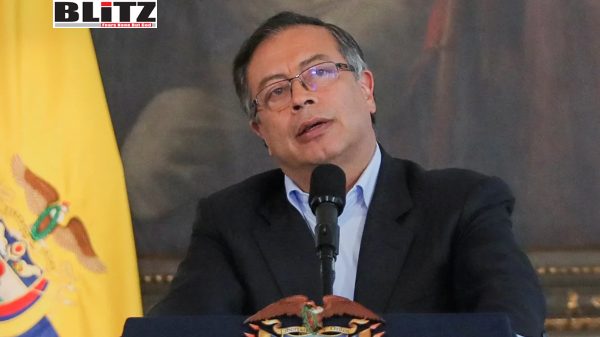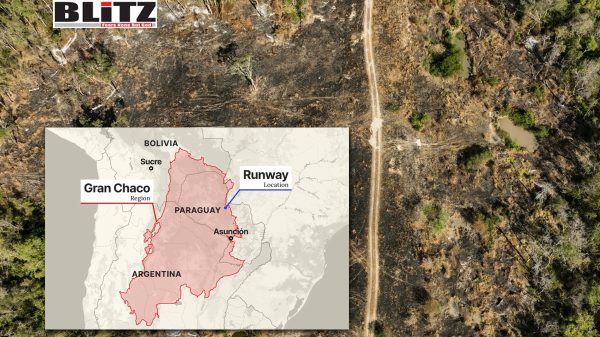The pandemic has a significant impact on the economy of Sri Lanka
- Update Time : Wednesday, January 6, 2021

Dr. Srimal Fernando
The unprecedented impact of the COVID-19 pandemic has made it more critical for small island nations like Sri Lanka to balance their commerce policies with their interdependency on neighboring Asia-Pacific nations.
Greater economic integration within the Asia-Pacific region began several years ago with the formation of an assortment of regional groupings. In the trade realm, three of these regional blocs—ASEAN (the Association of Southeast Asian Nations), SAARC (the South Asian Association for Regional Cooperation), and RCEP (the Regional Comprehensive Economic Partnership)—developed a framework for an Asia-Pacific regional order.
Revised economic policies will play a significant role in promoting the development of the island nation of Sri Lanka. Colombo’s economic policy will need to be aligned in such a way as to ensure that its relations with SAARC are not compromised by its engagement with ASEAN and RCEP.
In the 21st century, the power matrix between bigger groupings, such as the 15-member RCEP or the 10-member ASEAN, and the smaller groupings will entail a paradigm shift in the global order. The evolving geopolitical and economic realities facing the Asia-Pacific countries in general will prompt Sri Lanka to forge closer ties with India.
SAARC has emerged as a key trading platform for Sri Lanka in recent years. Under the SAFTA (South Asian Free Trade Area) agreement, Sri Lanka’s trade with its neighbors has significantly expanded, giving the island nation much greater access to South Asia’s 1.6 billion consumer market. Trade relations between Sri Lanka and SAARC have propelled the shaping of a foreign policy based on mutual dependence. The SAFTA and the ISFTA (Indo-Sri Lankan Free Trade Agreement) provided an impetus toward commercial diplomacy.
The most notable economic progress in the region has been made in the sphere of small and medium enterprises. However, the lack of significant foreign direct investment in some South Asian countries is slowing down economic growth. In this regard, Sri Lanka can leverage regional trading platforms like SAFTA, ASEAN, and RCEP to access Asia-Pacific consumer markets.
For Colombo, ASEAN is critical to the major goal of tapping into East Asian markets and establishing a commercial relationship with countries in that area. Sri Lanka’s relationship with Southeast Asian countries has been strong ever since the Bandung Summit of 1955. In recent years, ASEAN has encouraged this partnership to grow even further. Mutually beneficial pacts between India and ASEAN such as the ASEAN-India Free Trade Agreement are also bringing Sri Lanka closer to ASEAN. This will go a long way toward strengthening the future roles of India and Sri Lanka’s other newfound regional commercial partners in East Asia.
Equally, maritime cooperation between Sri Lanka and the RCEP countries will be a game changer in Colombo’s quest to maintain its regional stability and enhance its economic prosperity. It is the coincidence of strategic interests that can steer future dynamics between Sri Lanka and other RCEP member states. The RCEP nations can provide Sri Lanka with access to huge markets and are indispensable for its port diplomacy.
The COVID-19 pandemic has had a significant impact on the economy of Sri Lanka, just as it has on other nations around the world both big and small. Countries have had to scramble to find ways to mitigate the impact of the crisis. Regional groupings can help to ensure that countries that are heavily dependent on exports like Sri Lanka will be able to recover from the economic impact of the pandemic. Regional groupings and arrangements of this kind are a shining beacon of hope for the Sri Lankan economy amid the economic despondency that has affected so many other small countries as they struggle to cope with the pandemic.
The prospects for cooperation between Sri Lanka and ASEAN, RCEP, and India will depend on how the parties choose to strengthen the existing power matrix. It is imperative for policymakers to think broadly and make the trading process smoother and more business-friendly for Sri Lanka.
Dr. Srimal Fernando is an Advisor/Global Editor of Diplomatic Society for South Africa in partnership with the Diplomatic World Institute (Brussels). He is author of the upcoming book Politics, Economics and Connectivity: In Search of South Asian Union.














